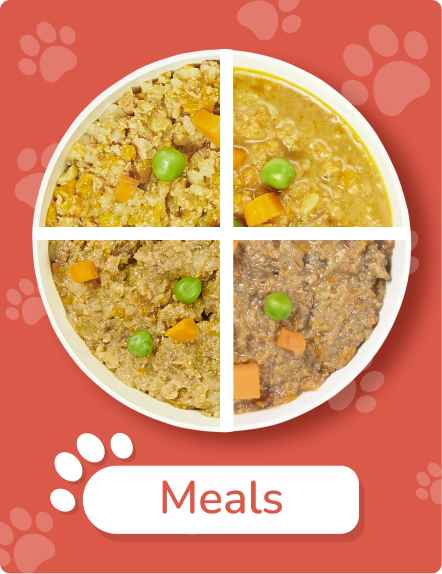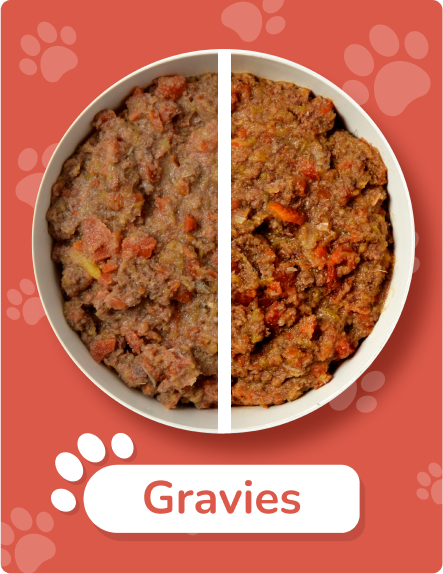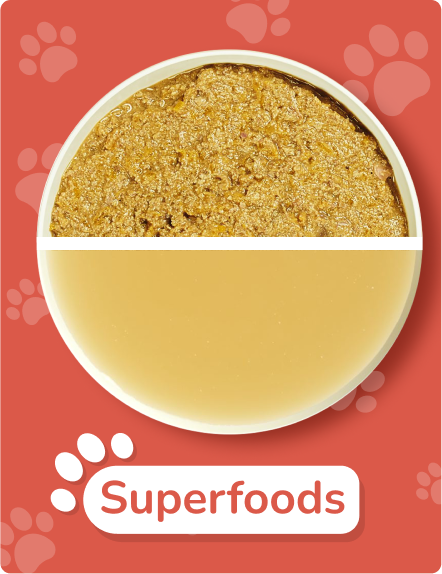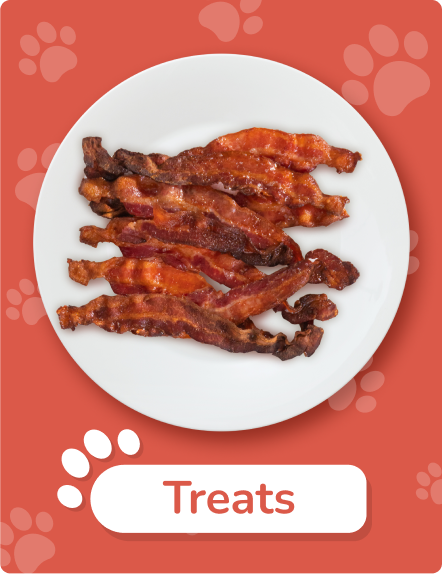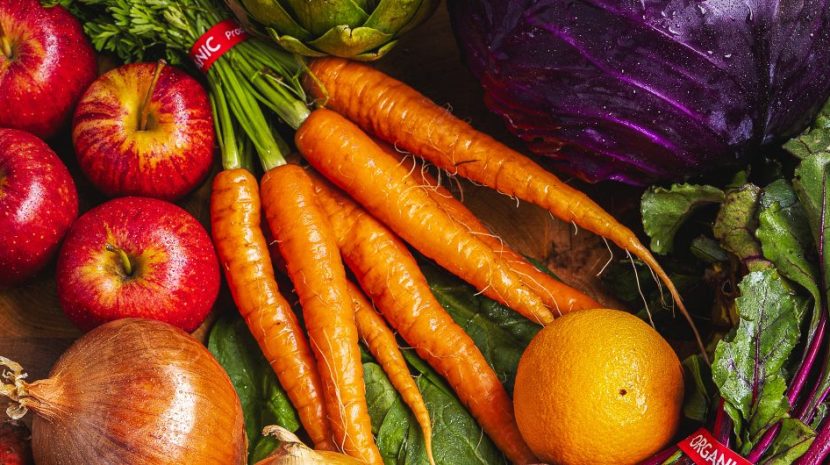NUTRIENTS: WHICH DO YOUR DOGS NEED THE MOST
Perhaps the most common question pet owners ask their veterinarian is “What should I feed my dog?” Feeding your dog an appropriate amount of a well-balanced diet is vital to its overall health and well-being. To understand how and what to feed your dog, you need to understand the nutritional requirements of dogs.
NUTRIENTS YOUR DOG NEEDS
Nutrients are substances obtained from food and used by an animal as a source of energy and as part of the metabolic machinery necessary for maintenance and growth. There are the six essential classes of nutrients dogs need for optimum healthy living.
The six basic nutrients are water, proteins, fats, carbohydrates, minerals, and vitamins. These essential nutrients are required as part of the dog’s regular diet and are involved in all of the basic functions of the body.
1. Water helps the body to:
-
- Stay hydrated and regulate body temperature
- Aid digestion
- Lubricate muscle tissues
- Flush away bacteria that cause urinary tract infections
- Ease constipation by moving stools along more smoothly
- Transport oxygen and nutrients throughout the body
The quality of your dog’s drinking water is also important. You can reduce the risk of infection by providing your dog with only bottled or filtered water.
2. Proteins build and maintain muscles, organs, bones, blood, body tissues, hair, nails, and the immune system. Many foods contain protein, but the best sources are beef, poultry, fish, eggs, dairy products, grains, and soy. Signs of a protein deficiency include:
-
- Dry, brittle fur
- Poor muscle development
- Anemia
- Growth problems
- Weakened immune system
Protein levels that exceed a dog’s minimum requirement do not pose a problem to healthy dogs, unless your dog has an allergy to a particular protein source.
3. Fats are the main source of energy (calories) in a dog’s diet and provide the most concentrated source of energy in foods. One gram of fat contains more than twice the energy than one gram of protein or carbohydrate. They are needed for healthy skin, coat, eyes, brain, and other tissues. Healthy fats come from sources such as:
-
- Chicken fat
- Lamb fat
- Sunflower oil
4. Carbohydrates – Along with proteins and fats, carbohydrates are one of the three major nutrients in food and a major source of energy for a dog’s body. Sedentary dogs have a lower energy requirement than their more active canine counterparts to produce the energy needed to fuel their brain and muscles. Dogs can’t digest uncooked grain as easily as meats, so if grains are fed, it is important to cook them to increase digestibility. Good sources of carbohydrates include:
-
-
Rice
-
Corn
-
Potatoes
-
Barley
-
Whole grain breads and other grains
-
5. Vitamins and Minerals – One thing a dog’s body can’t do on its own is make vitamins (though vitamin C is an exception). Vitamins and minerals such as calcium, iron, and magnesium are essential nutrients that can be found in the following foods:
-
- Bread
- Dairy products
- Fish
- Fruits and vegetables
- Grains
- Milk
AN ADD-ON TO CONSIDER
Fatty Acids – Dietary fatty acids can be classified as essential and nonessential. Nonessential fatty acids can be synthesized within a dog’s body at a level that meets the pet’s requirements, whereas essential fatty acids cannot be synthesized, so they must be supplied in the diet. Dogs require one essential fatty acid (linoleic acid), which is a type of omega- 6 fatty acid. Linoleic acid helps the body to:
-
-
Regulate the blood flow to body tissues
-
Clot blood after an injury
-
Reproduce normally
-
Respond to injury and infection by boosting the immune system
-
Maintain a handsome coat and healthy skin
-
This fatty acid is found primarily in grains and animal fat, and is provided at appropriate levels in high- quality dog foods.
HOW MUCH FOOD YOUR DOG NEEDS
The amount of food your dog needs will largely depend on the size, breed and age of your dog, as well as how regularly it exercises. The key is to ensure you don’t overfeed or underfeed your dog.
While most commercial pet food manufacturers claim their products are “complete and balanced”, these products may lose necessary vitamins and minerals, which may be destroyed by the heating process. Switching your dog to a complete, balanced and well-cooked diet helps ensure a healthy, happy life.
The PetChef offers you a healthier choice of meals for your fur babies! Meals that are made with real, fresh and human-grade ingredients and customised to meet different food requirements.
To order your trial pack or enquire for more details, reach us at 9136946065.

